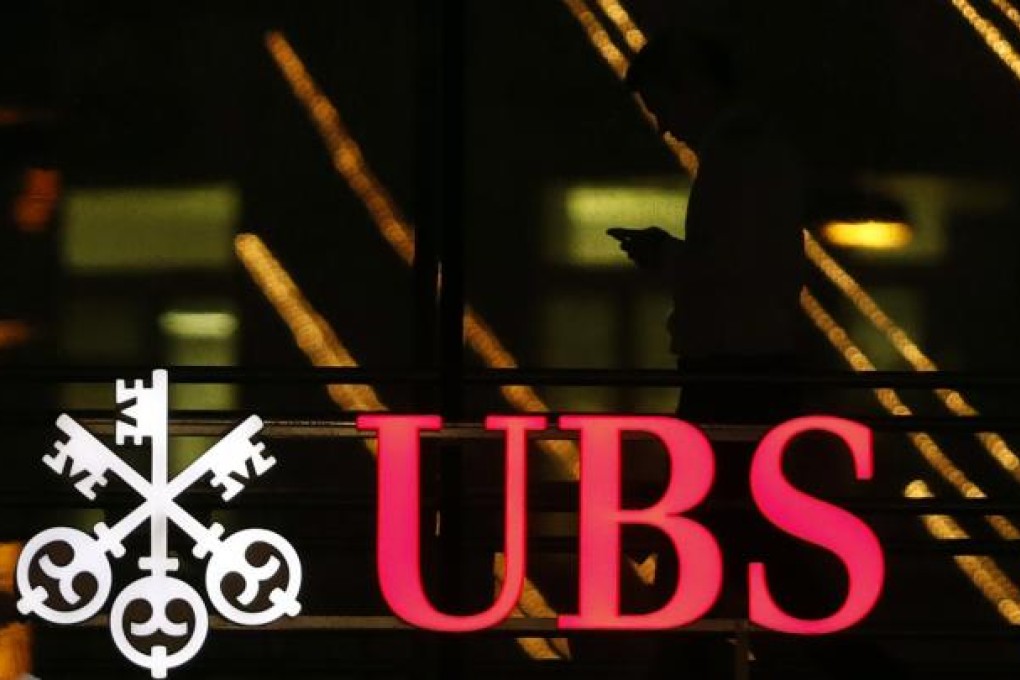
Like the Ghost of Christmas Past from Charles Dickens' beloved tale, A Christmas Carol, another scandal has come to spook an investment bank.
UBS closed the chapter on the US$2 billion rogue trader scandal in November, and has now settled with regulators, paying a record US$1.5 billion fine, for manipulating the London interbank offered rate.
The difference is that this time, instead of a single trader who acted on his own, this latest scandal appears systemic because it involves 40 employees working across national boundaries over five years.
To his credit, UBS CEO Sergio Ermotti has acted swiftly to settle with regulators and has shrunk non-core activities. However, the larger question is whether he can form a cohesive UBS culture and define a larger social vision.
Since the global financial crisis, global banks have been through a baptism of fire, with the subprime crisis and subsequent bailout, furore over bankers' pay, mis-selling of financial products, tax evasion and money-laundering scandals, and now the manipulation of Libor.
Nonetheless, as a banker turned environmentalist, I believe banks have an important place in making the world a better place. However, they must, to quote Sandy Weill, architect of Citigroup, ascribe to "a higher standard than the law".